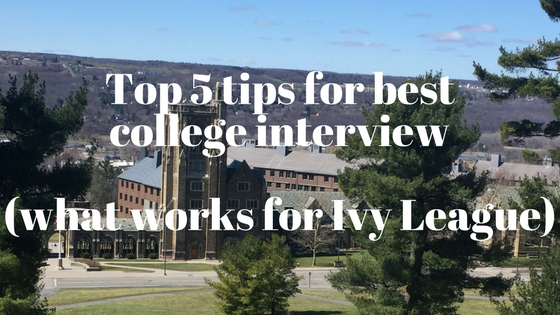Did you catch one of our recent blogs where we discussed the difference between early action vs. early decision? Today, we’re going to talk about another important admissions process known as rolling admission and explain what rolling admission vs. early action means.
First, let’s recap about early action and early decision applications.
Early action means a student is notified of their acceptance under a non-binding agreement, and they don’t have to make a decision right away. The deadline is typically May 1 but this can vary.
On the other hand, early decision means a student’s acceptance signifies a binding decision to attend that institution. This agreement is usually made once a student reviews and accepts a financial aid offer (if there is one).
Learn more about early action vs. early decision college applications here.
What is Rolling Admission vs. Early Action?
Early action and early decision admissions have hard deadlines. Rolling admissions, on the other hand, typically don’t.
Instead, students can usually submit their application between September and May of senior year, which is a much larger window than most admission processes utilize—but that doesn’t make colleges with rolling admissions any less competitive.
A rolling admission applicant tends to hear back about their application within a few weeks. Usually, rolling admissions operate on a first-come, first-served basis. That means colleges will continue to review applications until their class sizes have been met.
You should keep in mind that although the application window is larger, there are still important deadlines to be aware of for applying to colleges who use rolling admissions.
That’s just another reason it’s so important to be aware of college application deadlines.
They can also impact your student and financial aid—here’s how.
To many students, this large window is incredibly appealing. But like anything else, it comes with its advantages and disadvantages.
To help you decide if a school with a rolling admission program might be right for you, let’s talk more about the benefits and drawbacks.
Benefits of Rolling Admissions
There are plenty of good reasons to apply to a school with rolling admissions. Here are some qualities that make it the right decision for some students:
- For colleges without rolling admissions, you’re out of luck once you’ve missed the application deadline. But thanks to their larger window, rolling admissions can be a great option for last-minute applicants.
- You tend to hear back sooner.
- Applications are judged upon receipt which can mean less competition but only for early applicants.
- Applications are non-binding (unlike early decision applications) so you’re able to weigh your options.
Drawbacks of Rolling Admissions
On the other hand, rolling admissions aren’t right for everyone:
- Available spots can fill up quickly. Even though the application window is larger, this can mean if you don’t apply early, you’re out of luck.
- The longer you wait to apply, the more competitive the admissions process gets.
- You might be forced to make a decision sooner than you’d like to.
The admissions process isn’t the only thing to consider when applying for post-secondary.
Things like free laundry can matter too! Here’s more on that.
Colleges with Rolling Admissions
Currently, there are no Ivy League schools that utilize rolling admissions, but plenty of other great schools do. A rolling admission option is also popular for many law schools. Some schools might accept rolling admissions applications for certain programs, while others have firm deadlines.
Some colleges with a rolling admission program include:
- Alaska Pacific University
- Barclay College
- Daemen College
- Goshen College
- Kent State University
- King College
- Minot State University
- Montana State University
- North Park University
- Notre Dame College
- Ohio State University
- Penn State York
- Rivier University
- Simpson University
- Stillman College
- University of Baltimore
- University of Central Florida
- University of West Alabama
- Xavier University
- York College
Whether you’re applying with rolling admission, early action, or early decision, there’s help available for the college admissions process!
If you’re looking for one-on-one guidance to help you get into (or pay for) college, click here for help.
Want to see more posts like this? Don’t miss these:
Living off-campus: pros and cons
College application checklist
7 ways to support your child during the college application process






